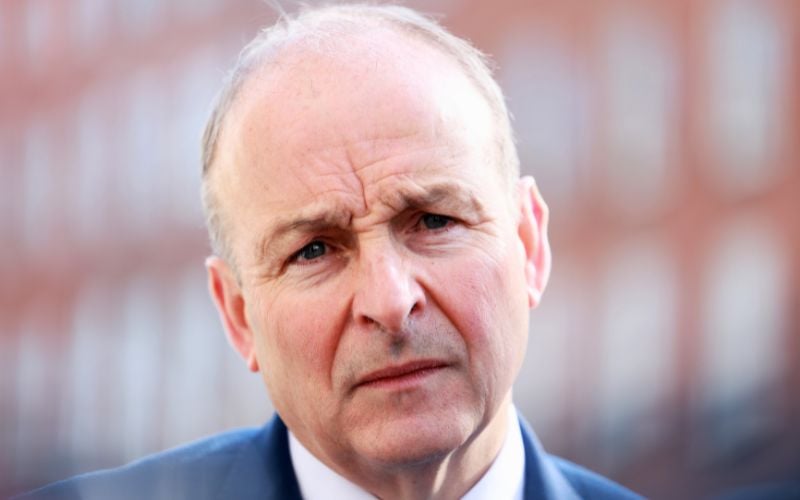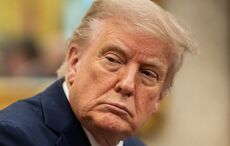Speaking following the agreement of the EU-US trade deal, AmCham chief executive Paul Sweetman described it as "an important milestone in EU-US relations, a trading partnership worth over €4bn daily.
"While some details remain to be clarified, a 15 per cent tariff level is not an optimum trade environment and will be a significant burden to businesses already managing a 10 per cent tariff.
"However, the agreement does bring a new stability and allows business decisions to be made with greater certainty."
Sweetman went on to say that Ireland's trading relationship with the US could be improved by increasing both national and EU competitiveness.
"AmCham will continue our work with the Irish government, the US administration and our EU and US partners.
"We will focus on ensuring each step taken by Ireland and the EU supports and grows US investment in Ireland and Irish investment into the US.”
The trade deal was described by Ibec chief executive Danny McCoy earlier today as a "capitulation".
The White House had been due to enforce a 30 per cent tariff on EU goods prior to a revised deadline on Friday (August 1).
Products such as aircraft and aircraft components, semiconductors, certain chemicals and pharmaceuticals, natural resources and critical raw materials and certain agricultural products will benefit from "zero-for-zero tariffs".
Read more
The deal also includes quotas requiring Europeans to purchase US steel, aluminium, liquified natural gas, oil, nuclear fuels, and AI chips, as well as $600bn in American military equipment.
Elsewhere, KPMG Ireland said there are winners and losers under any deal, and that there were potentially fewer losers with this deal than under an all-out trade war with the US.
"Some will cautiously welcome the deal and the certainty it brings, but many will face a damaging level of tariffs on selling into the US that has not been seen for generations," said Glenn Reynolds, head of indirect tax at KPMG in Ireland.
Reynolds expressed fear for Ireland Inc. that 15 per cent tariffs on pharma exports may come into effect following the national security investigation being conducted on the pharma trade, but said the deal is good news for the aviation sector.
“Relatively speaking and looking for positives, besides a five per cent difference for some products coming from the UK, including Northern Ireland, Ireland, and the EU, will be in the same or a better position than other exporters to the US," he concluded.
* This article was originally published on BusinessPlus.ie.




Comments